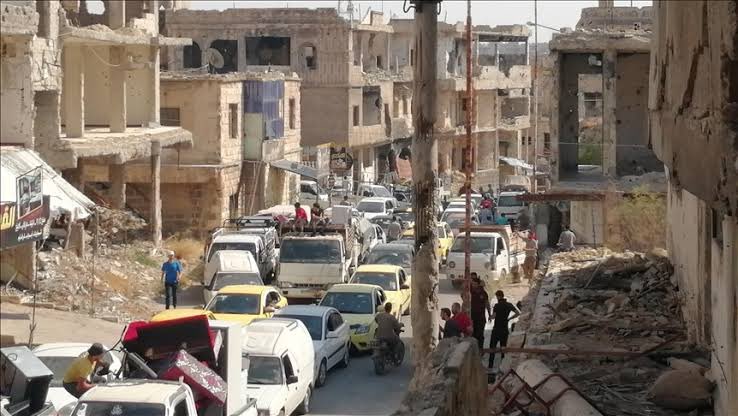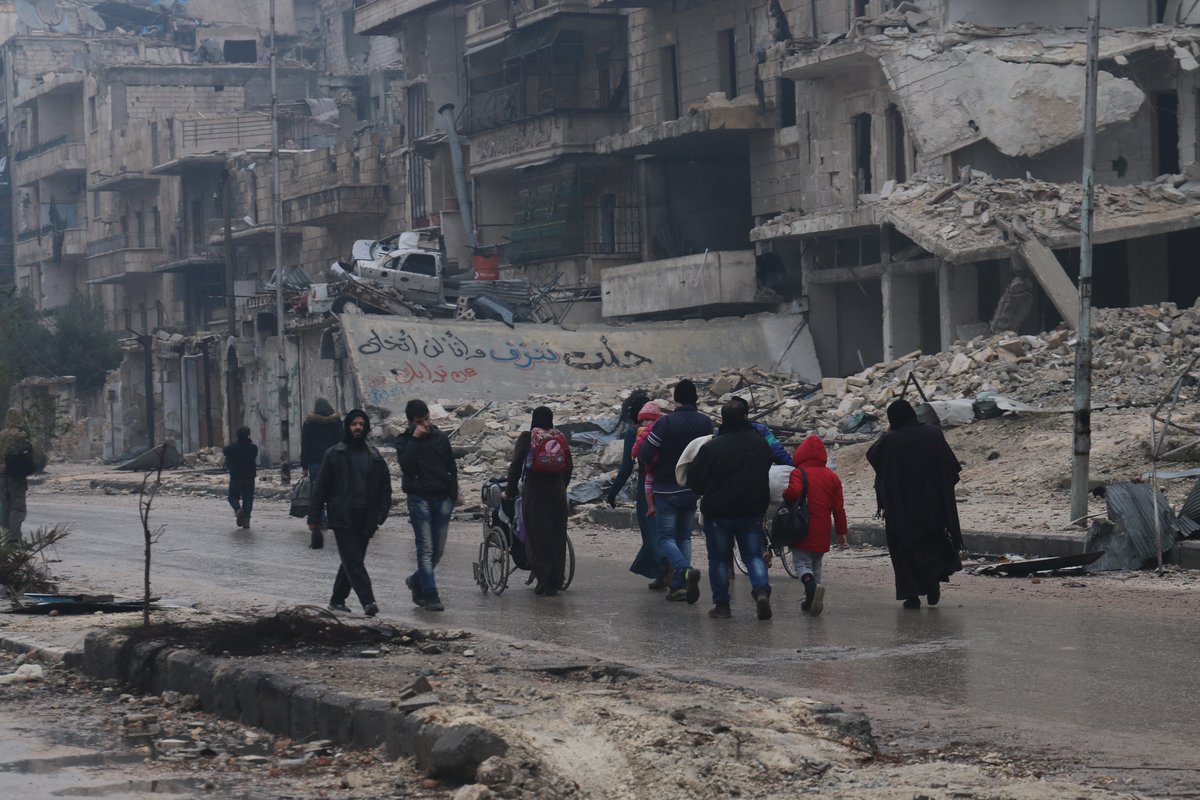
The Lebanese authorities have confirmed that they arrested six men last seen entering the Syrian embassy in #Lebanon to pick up their passports. 1/
middleeasteye.net/news/lebanese-…
middleeasteye.net/news/lebanese-…
Given the fact on the ground, it seems very likely that the Syrian embassy in Beirut is complicit in the arrest of its very own citizens as the arrested men where informed by the embassy to pick up their passports prior to their disappearance. 2/
We do acknowledge that those Syrians have entered Lebanon illegally, however we do understand that they were forced to flee #Daraa because of the worsening security situation and the imminent threat to their lives. 3/
The Lebanese government has the right not to allow any illegal entrance to its territory. Yet forcibly returning Syrians to Syria is like signing their death verdict, especially that Syria is NOT safe for any returns. 4/
Therefore, we call upon Lebanese authorities to take into consideration the threats to their lives - torture and killing - that awaits those Syrians if they were sent back. 5/
There is no safe environment in #Syria that allows for the safe, voluntary and dignified return of Syrians to any region, especially to Daraa, which has been witnessing an escalation in violence and attacks by the regime and its allies. 6/6
• • •
Missing some Tweet in this thread? You can try to
force a refresh












